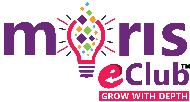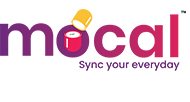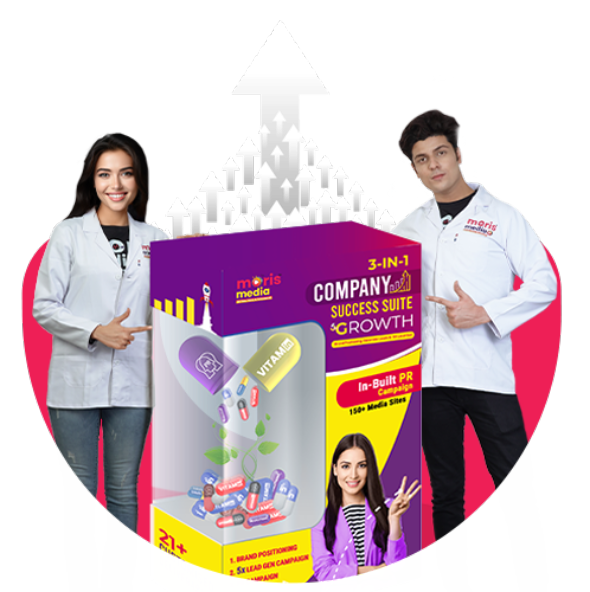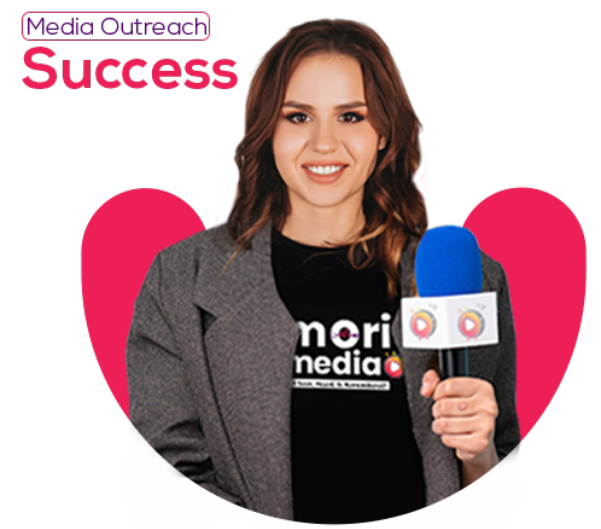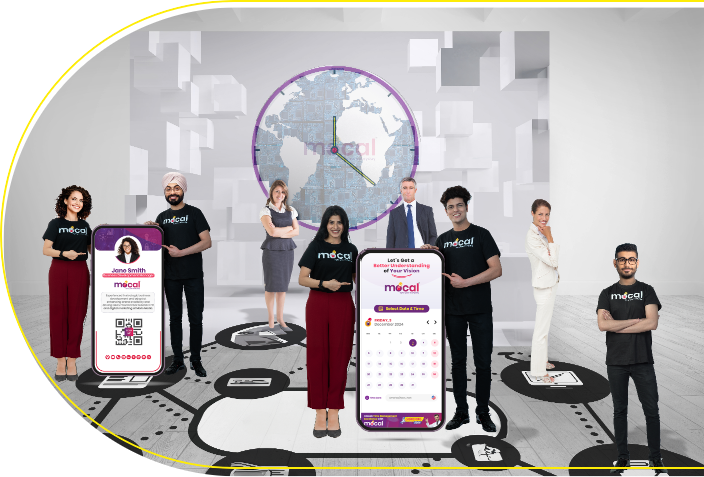The United States boasts a diverse sales landscape, with professionals across various industries juggling appointments, managing leads, and driving deals. Time management is crucial for success, and a recent study by the National Bureau of Economic Research revealed that 67% of U.S. sales reps spend less than half their day on actual selling due to administrative tasks like scheduling. Here, we explore the final two contenders in the Top 10 Sales Scheduling Software for the United States in 2025, Square Appointments (#9) and Doodle (#10), and how they compare to the industry leader, moCal.
#9: Square Appointments - Streamlined Scheduling for Service-Based Businesses
Square Appointments caters specifically to businesses heavily reliant on appointments, particularly in service-based industries like salons, spas, and fitness studios. Here's a breakdown of its strengths and limitations:
-
Strengths:
- Freemium Model: Square Appointments offers a robust free plan with basic scheduling and point-of-sale (POS) features, perfect for solopreneurs or small businesses in the United States just starting out.
- Integrated POS: Square Appointments seamlessly connects scheduling with POS for efficient sales and service tracking, streamlining your workflow and eliminating the need for separate systems.
- User-Friendly Interface: The intuitive design makes booking and managing appointments a breeze for all team members, minimizing onboarding time and frustration.
- Mobile Accessibility: The convenient mobile app allows you to access scheduling and sales data from anywhere, on your phone or tablet, ensuring you stay on top of your business even on the go.
-
Features: Square Appointments boasts a range of essential functionalities, including online booking, calendar sync, automated reminders, payment processing, client management, inventory tracking, and staff management.
-
Pricing: While a free plan exists for individuals, paid plans start at $29 per month per staff member for the Plus plan, with additional features available in the Premium plan.
-
Drawbacks:
- Limited Scope: Square Appointments excels in appointment scheduling with integrated POS functionalities, but its focus is narrower. This might not be ideal for sales teams in diverse U.S. industries with more complex scheduling needs beyond basic appointments.
- Customization Limitations: While Square Appointments offers a user-friendly interface, its branding and workflow customization options are less extensive compared to more comprehensive solutions like moCal. This can limit personalization and brand consistency.
- No AI Assistant: Square Appointments lacks the advanced features found in moCal, such as AI-powered scheduling assistance and data-driven insights to optimize your sales process.
Who Should Use Square Appointments?
Square Appointments is a great option for U.S. sales teams in service-based industries heavily reliant on appointments. Businesses like salons, spas, fitness studios, and professional service providers who already use Square POS can benefit from the seamless integration and streamlined workflow.
moCal vs. Square Appointments: A Feature Deep Dive
When comparing moCal to Square Appointments, several key differences emerge:
- Comprehensive CRM Integration: moCal offers a fully integrated CRM solution, allowing you to manage leads, track deals, and automate follow-ups within a single platform. Square Appointments lacks this broader CRM functionality, requiring additional tools for comprehensive sales management.
- AI-Powered Automation: moCal Buddy, the built-in AI assistant, automates repetitive tasks, provides intelligent reminders, and offers data-driven insights to optimize your scheduling. Square Appointments doesn't have an AI assistant, leaving these tasks to be done manually.
- Industry Versatility: While Square Appointments works well for specific service-based industries, moCal caters to a wider range of U.S. industries with tailored solutions for sales teams across various sectors. This ensures features relevant to the unique scheduling needs of your specific business.
#10: Doodle - Simple Polling for Finding Common Ground
Doodle shines with its simple and intuitive poll-based scheduling, perfect for finding a convenient time for meetings with multiple participants, both internal and external. Let's explore its strengths and limitations:
-
Strengths:
- Simple and Intuitive: Doodle's core strength lies in its user-friendly interface. Even individuals unfamiliar with scheduling software can easily create polls to suggest multiple meeting times and allow participants to vote for their preferences.
- Group Scheduling Made Easy: Doodle simplifies the challenge of finding a meeting time that works for everyone. Whether scheduling a meeting with internal team members or coordinating with external clients, Doodle's polling system streamlines the process.
- Free Option: Doodle offers a free plan with basic scheduling polls, making it an accessible option for small businesses or individual sales professionals in the United States who need a simple solution for occasional group scheduling.
-
Features: Core functionalities include meeting polls, automated reminders, and calendar sync. Doodle can be integrated with popular calendar apps like Google Calendar and Outlook Calendar for seamless scheduling.
-
Pricing: While Doodle offers a free plan with basic features, paid plans starting at $6.95 per user per year unlock additional features like customizable branding, meeting types, and more.
-
Drawbacks:
- Limited Features: Doodle primarily focuses on poll-based scheduling. It lacks comprehensive CRM capabilities and advanced sales features found in other solutions like moCal.
- Less Ideal for Complex Sales Processes: Doodle might not be suitable for sales teams with intricate scheduling needs or those requiring detailed lead tracking and management.
Who Should Use Doodle?
Doodle is a great fit for sales professionals in the United States who need a quick and easy way to schedule meetings with multiple participants. It's particularly well-suited for those who prioritize simplicity and don't require advanced sales or CRM features.
moCal vs. Doodle: A Feature Deep Dive
When comparing moCal to Doodle, several key differences emerge:
- Comprehensive CRM Integration: moCal offers a fully integrated CRM, allowing you to manage leads, track deals, and automate follow-ups within a single platform. Doodle focuses solely on poll-based scheduling.
- AI-Powered Automation: moCal Buddy, the AI assistant, can automate tasks, provide insights, and optimize scheduling. Doodle does not offer AI capabilities.
- Advanced Scheduling Features: moCal offers a wider range of scheduling features, including one-on-one scheduling, team scheduling, and customized booking pages. Doodle is limited to poll-based scheduling.
- Industry Versatility: moCal caters to a wider range of industries with tailored solutions, while Doodle is more general-purpose.
Choosing the Right Tool: The moCal Advantage
If your primary need is to quickly find a suitable meeting time with multiple people, Doodle might be a good choice. However, if you're looking for a more comprehensive scheduling solution with advanced features like CRM integration, AI automation, and industry-specific tools, moCal is the superior option for driving sales growth and efficiency in the United States.
Conclusion
Having explored the Top 10 Sales Scheduling Software in the United States, it's clear that moCal stands out as the most comprehensive and powerful solution. Its robust scheduling features, seamless CRM integration, AI automation, and industry-specific solutions empower sales teams to streamline workflows, optimize scheduling, and ultimately achieve superior sales results.
Key Considerations for the United States' Sales Teams
The United States, a global business hub, boasts a diverse sales landscape with teams operating across various industries. Efficient time management is paramount for sales professionals to navigate the competitive market and achieve success. A study by the National Bureau of Economic Research found that 67% of U.S. sales reps spend less than half their day on actual selling due to administrative tasks like scheduling meetings. By leveraging advanced scheduling solutions, sales teams can significantly reduce these time-consuming activities and focus on building relationships and closing deals.
moCal: The Tailored Solution for Maximizing Sales Performance
moCal addresses the specific needs of the United States' sales teams by offering:
- Industry-Specific Solutions: moCal provides tailored solutions for over 50 industries, ensuring features relevant to the unique scheduling needs of each sector.
- Multilingual Support: moCal caters to a global audience and offers support in multiple languages, including English, ensuring a seamless user experience for teams in the United States.
By leveraging advanced scheduling, AI automation, and a robust CRM, moCal empowers the United States' sales teams to thrive in the competitive landscape.












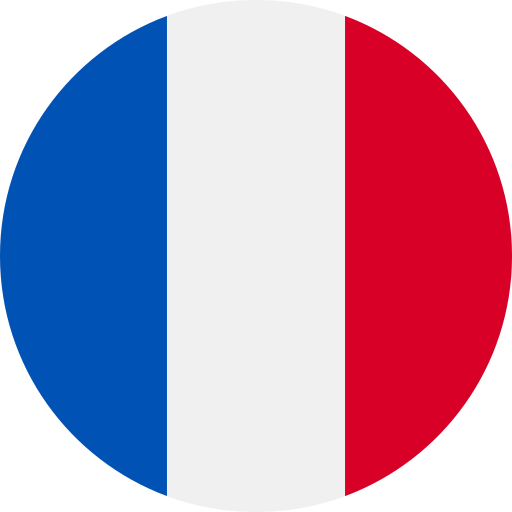








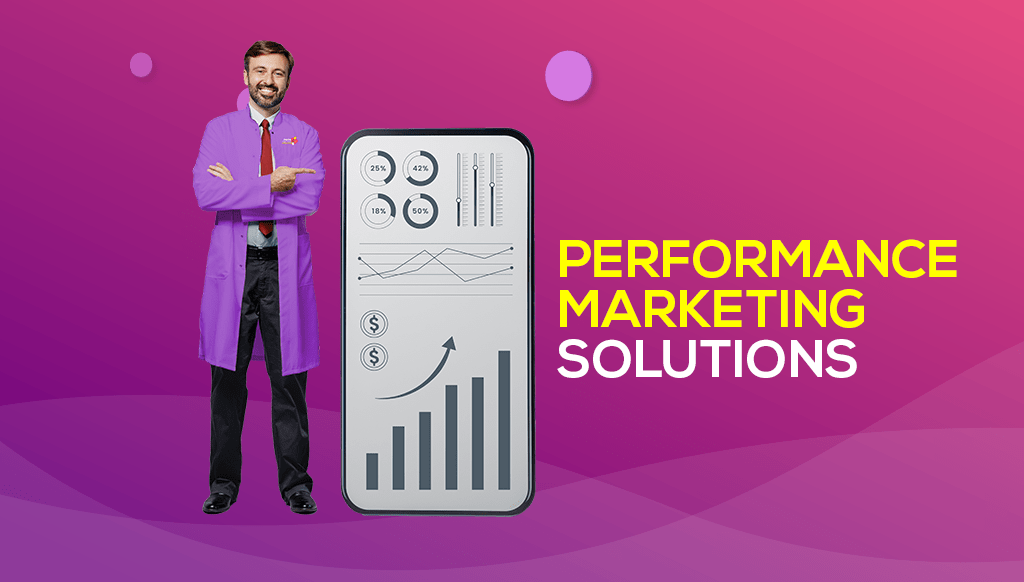
.png?v=1676960503)
















